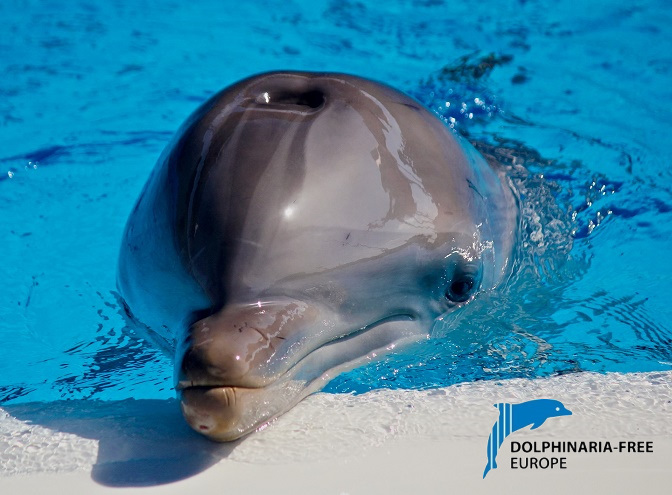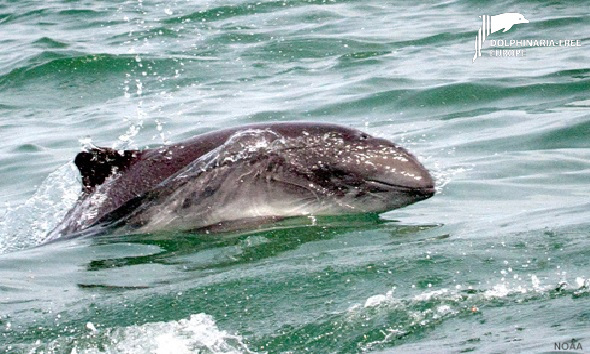
Since first being alerted to the fact that Danish facility, Fjord & Baelt had applied for a permit to take further harbour porpoises from the wild for research purposes, Dolphinaria-Free Europe has continued to address this with the relevant authorities and also Fjord & Baelt direct.
Until recently the facility held only one remaining harbour porpoise in their collection, Freya. However in September, two female porpoises were brought into the facility having been bycaught, and in November, they were joined by another male. One of the females has since died.
Fjord & Baelt has carried out research on porpoises in their facility for many years, and it is our belief that to retain further porpoises for research should not be allowed, and if studies are required these should be conducted in-situ in the wild, something which Fjord & Baelt has also has been undertaking successfully for some time.
The facility already use Freya in performances, which even if they deem this to be ‘educational’, is neither necessary nor ethically acceptable. DFE member World Animal Protection has launched a petition asking that the other female porpoise taken in September be released back into the wild and we support this request, as we do for the release of the male taken in November.
It is vital to protect wild porpoise populations and attempts to continue to keep porpoises which potentially could be released back into the wild should be questioned. Dolphinaria-Free Europe has contacted the European Commission requesting that they liaise with the authorities in Denmark on this issue, as the continued capture and keeping of porpoises from the wild, a species protected under the Habitats Directive, really cannot surely be justified.
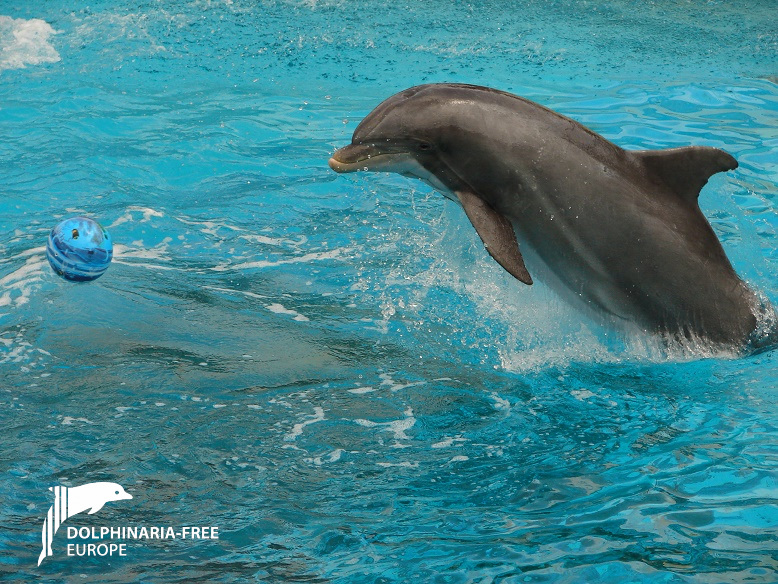

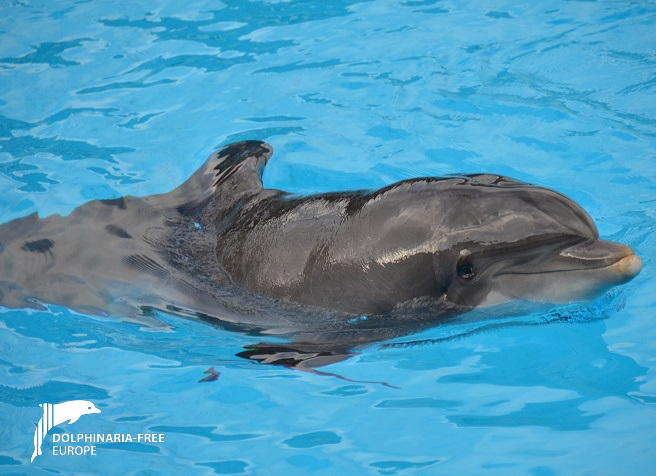
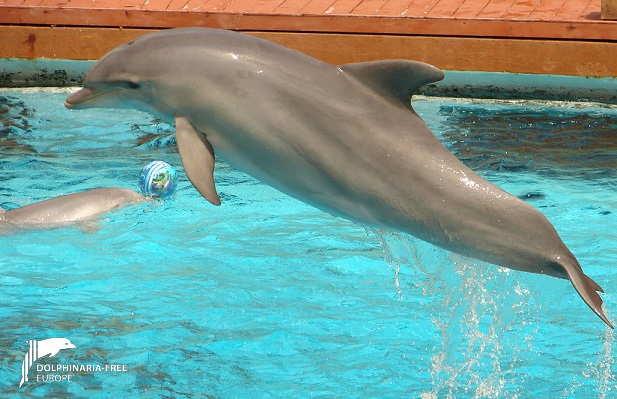
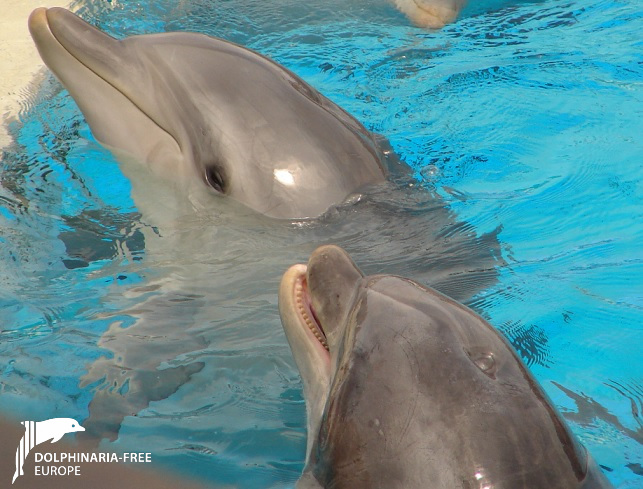 Parc Astérix, Plailly, France due to reopen on April 3, has announced that they are to close their dolphinarium.
Parc Astérix, Plailly, France due to reopen on April 3, has announced that they are to close their dolphinarium.
